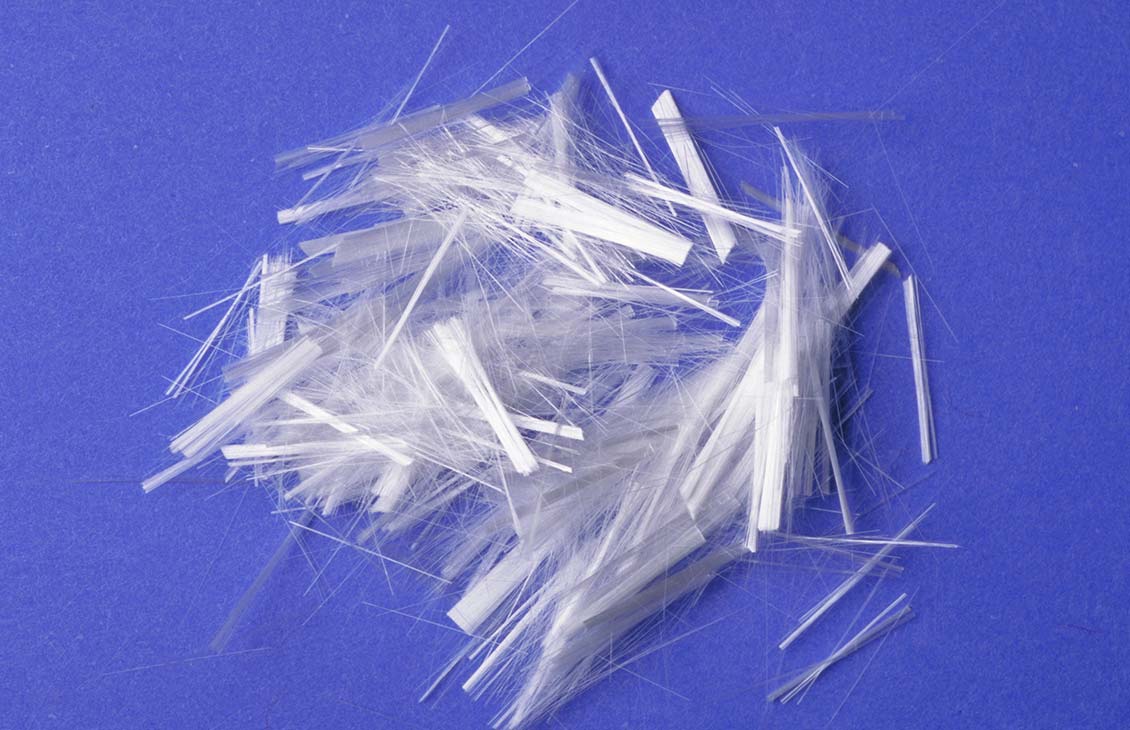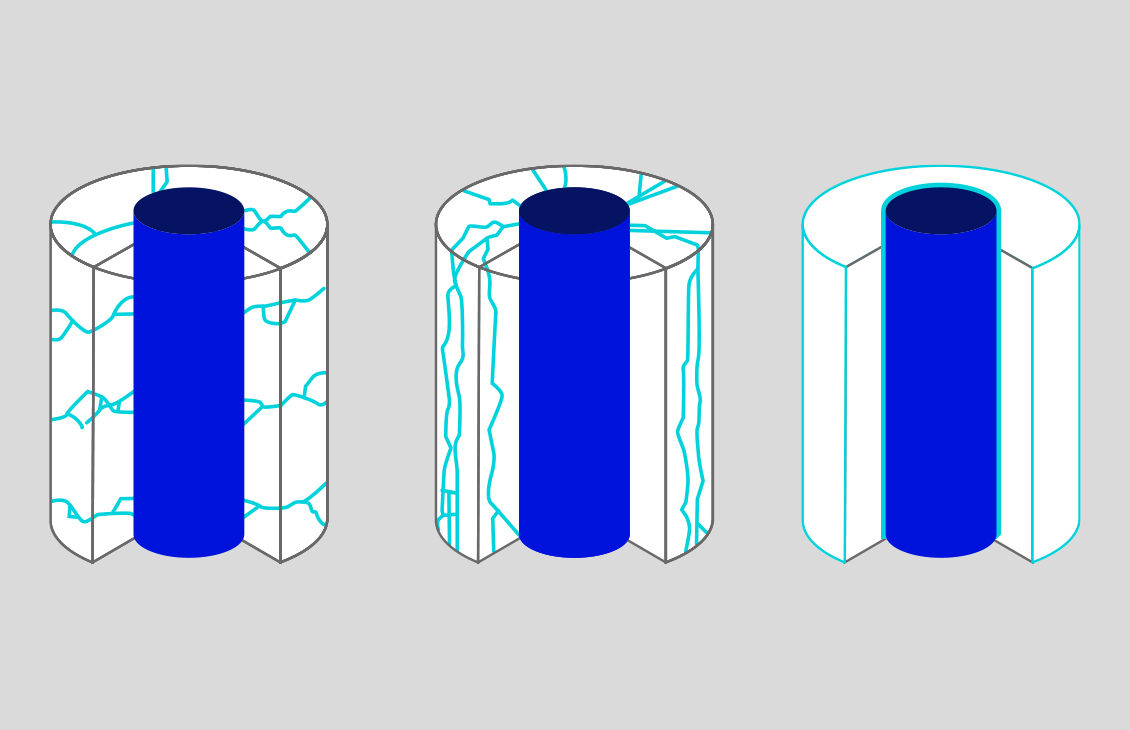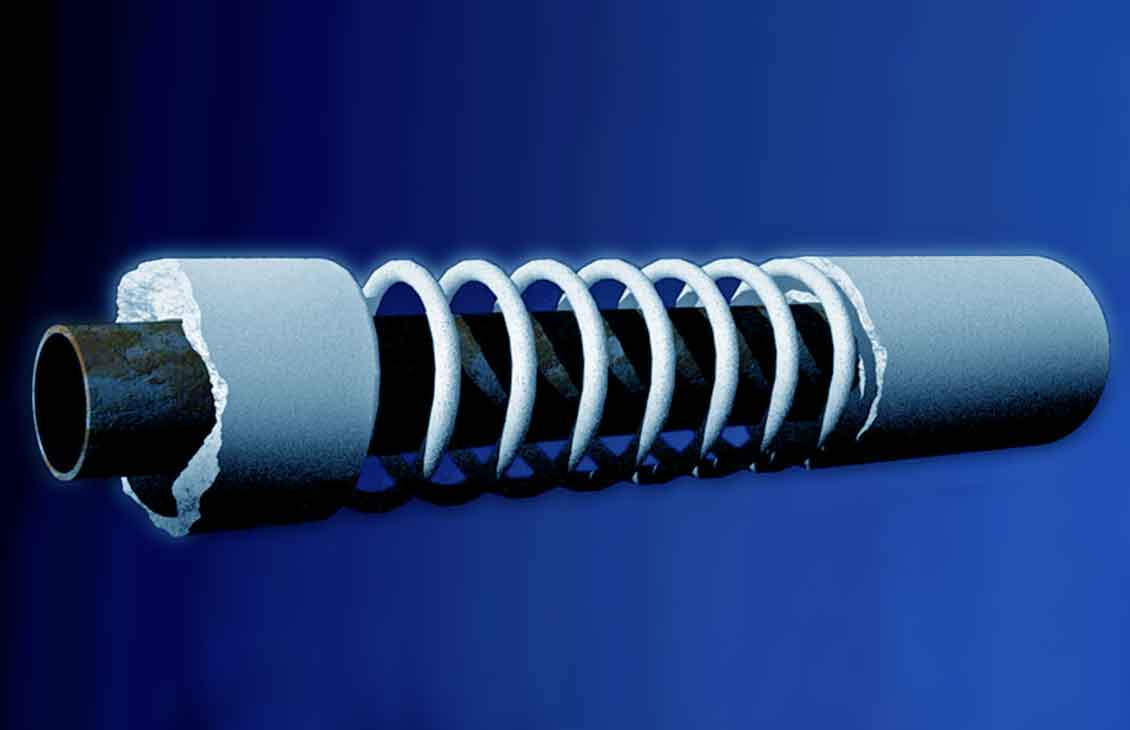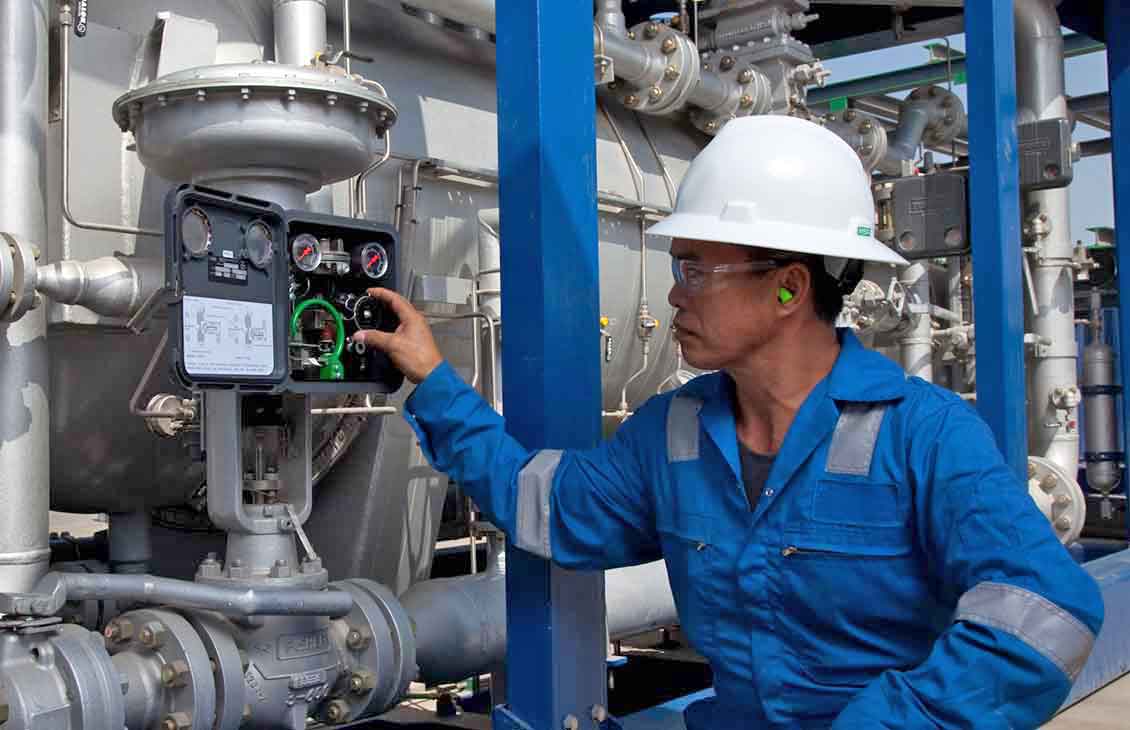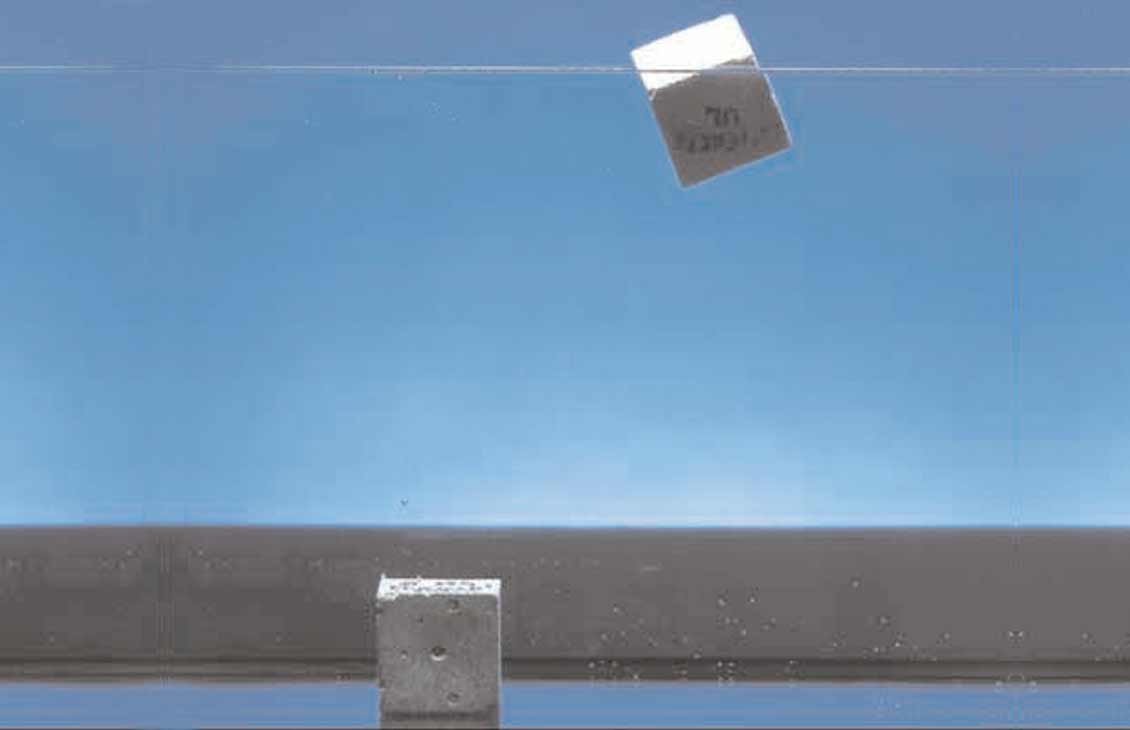Geothermal cementing systems
Resilience in extreme geothermal environments
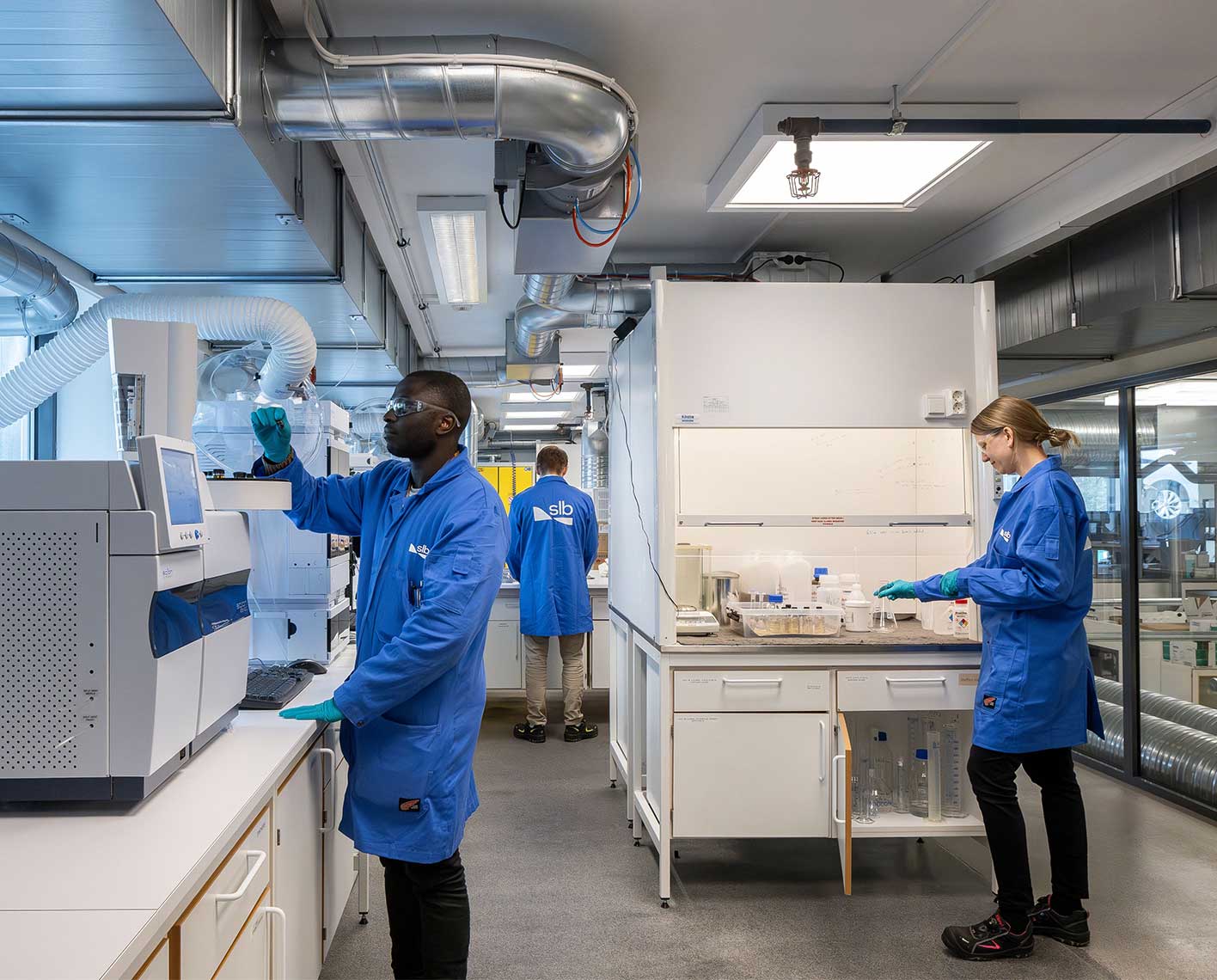
Geothermal wells face high-temperature conditions, with bottomhole temperatures reaching up to 350 degC [662 degF]. These extreme temperature and pressure changes can stress the cement used to seal the wells. Whether it’s addressing extreme dynamic temperatures and pressures, low fracture gradients, or lost circulation while drilling, we provide advanced geothermal cementing systems that enable you to achieve zonal isolation for the life of your geothermal well. Our services and innovations support cost-effective geothermal development by enhancing drilling efficiency and increasing the success rates of geothermal wells around the world.
CemSTRESS™ cement sheath stress analysis software
Our cement sheath stress analysis software has the capability to model up to 10 strings concurrently, providing a thorough assessment of the stress experienced by each string during well events such as pressure testing.
FlexSTONE™ advanced flexible cement technology
Flexible cement technology ensures long-lasting zonal isolation and seamlessly adapts to the ever-changing conditions encountered during drilling, production, and well abandonment.
ThermaSTONE™ thermally responsive cement system
Our thermally responsive cement system is capable of enduring temperatures as formidable as 350 degC. It allows the casing to freely expand without the threat of compromising the cement's tensile strength.
Mitigating loss during cementing
Natural fractures, unstable formations, and low fracture gradient sections are often present when drilling geothermal wells, leading to a high risk of losses during cementing jobs. Our LiteCRETE™ lightweight cement slurry is an optimized trimodal slurry designed for low densities to allow reduced hydrostatic pressure during a cement job. And our CemNET™ advanced loss-control fiber technology can be added to cement slurries to form a network across the loss zone, enabling you to regain and maintain circulation.
